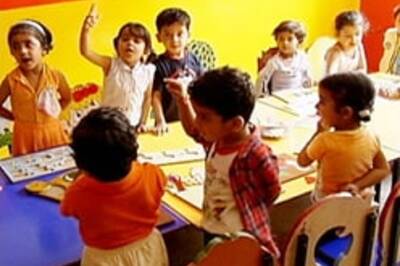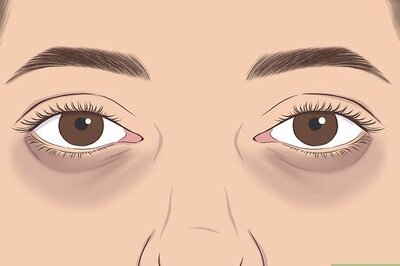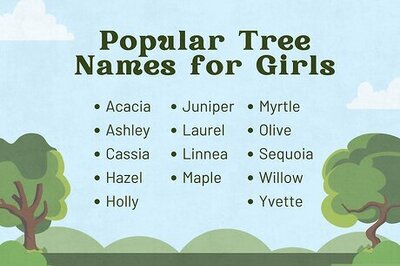
views
88-year-old Utpal Bhaduri was born in the Nagarbari area of Pabna district in erstwhile East Pakistan (now Bangladesh). The village no longer exists.
The Yamuna river (called the Brahmaputra in India) has submerged it. Bhaduri has only memories now and a new home, in the Baishnabghata area of south Kolkata.
Bhaduri fondly recollects his childhood in a joint family of uncles, aunts, and cousins. He remembers vividly, how they used boats as a means of transport within the village since it remained submerged for most parts of the year on account of the overflowing river.
Bhaduri, a college student, was staying at his maternal uncle’s house at Bhowanipore in Calcutta when riots broke out in the city in 1946.
About a month after Direct Action Day on 16 August his maternal uncle was stabbed to death in broad daylight when he was trying to reach his workplace.
Bhaduri, an 18-year-old was hopeful that Partition would never happen. Along with thousands of fellow Calcuttans, he participated in a peace march which terminated at the city’s biggest mosque, the Nakhoda Masjid. Utpal recounts and breaks down at the sentiment of that day, “Amidst all that violence, peace marchers were welcomed with Ittar or fragrances by clerics."
Like many others, Bhaduri’s entire family at Pabna had to migrate to Calcutta as refugees after Partition. They didn’t carry anything of value. And on their arrival became refugees overnight.
It’s a question we have posed to everyone on this series. “Does he want to go back to his native land?"


















Comments
0 comment